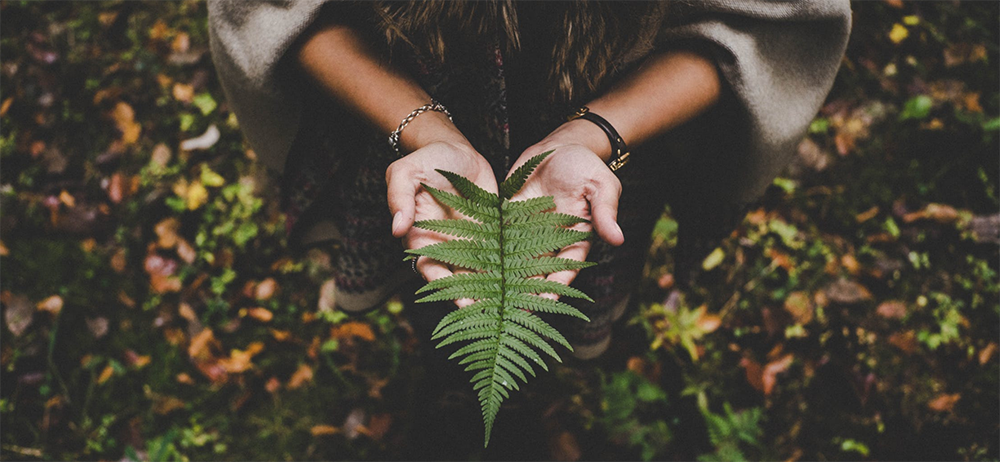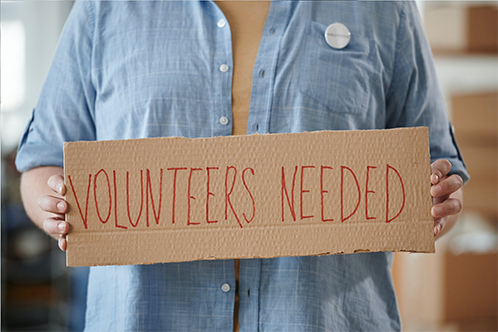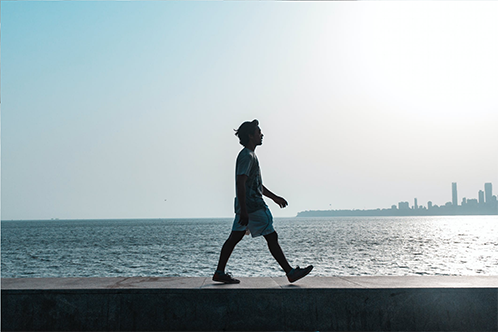


The call of Pope Francis in his encyclical “Laudato Si,” to care for our common home, is a journey of cultivating an ecological conscience. As such, this mandate to care for our common home entails an ecological conversion. To cultivate an ecological conscience that leads to ecological conversion further demands education for the environment. Learning gives us consciousness and awareness of what is happening around us.
Laudato Si introduces the idea that everything is connected. It provides us a clearer view of what is happening in our environment and in our communities. It helps us recognize that through our ways and actions, we are harming our common home.
As Pope Francis said, we should listen to the cry of the Earth and the cry of the poor. We cannot just look and listen (see), understand, and reflect (judge). We need to take action (act), to change, and put an end to environmental and social injustices. However, we cannot succeed in effecting change if we do not personally change.
Change should start from within. We need to commit ourselves to becoming stewards and becoming passionate about it. This is why Chapter Six, Section 3 of Laudato Si wants us to experience ecological conversion.

Living our vocation to be protectors of God’s handiwork is essential to a life of virtue. It is not an optional or a secondary aspect of our Christian experience (Laudato Si’ 217).
Conversion is personal because each of us has a different journey, a path that is unique to ourselves, to our lives, to our vocations. As we journey to our conversion, we transform our hearts and commit our relationship with God and to our common home.
As students, as employees, as parents, we commit ourselves to not using Single-Use Plastics (SUPs) and instead use reusable and environment-friendly products/materials. As we do this, we educate ourselves that these SUPs like plastic bags, sachets, wrappers, etc. are often disposed of after using and are non-biodegradable. If not properly handled, it will become a problem and would greatly affect the environment, the animals, and the community. These mismanaged SUPs will go to the sewerage that will eventually cause flooding, it will also pollute our bodies of water and will harm not just the animals but for us humans who consume these resources for food and drinking. As part also of our conversion, we pray for the grace to uncover the roots of our desires to consume and for the virtues “to make a selfless ecological commitment” through intentionally choosing to consume less and living lives characterized by simplicity (Laudato Si’ 211). We also pray for others who are experiencing the consequences of being affected by these environmental injustices, pollution, illnesses and being hit by disasters.

…The ecological conversion needed to bring about lasting change is also a community conversion (Laudato Si’ 219).
Conversion is communal. We are social people, and we cannot live out our faith without being in a relationship with the community, with one another, and with our Creator.
We are invited to work with people. We need one another and bring people together in the same call to care for our common home. We have a role to advocate and provide education on environmental issues and injustices in your community. We also become the source of inspiration and motivate others in this thriving time. We are also called to accompany people, to listen to and walk in the same path with them.

Conversion entails a loving awareness that we are not disconnected from the rest of creatures, but joined in a splendid universal communion (Laudato Si’ 220).
Conversion is ongoing. It is not a one-time experience but rather, a life journey. It frees us, liberates us not to focus on success or failure. It instead invites us to continue in a path of our commitment. There is no end point because it is a continuous learning process. And for us to continue our commitment to our lifelong journey and sustain our ecological conversion, it should be nourished with faith and spirituality.
We would like to hear your feedback and your ecological conversion journey. Send it tolcdc@dlsud.edu.ph. Together let us commit ourselves to be stewards of God's Creation!